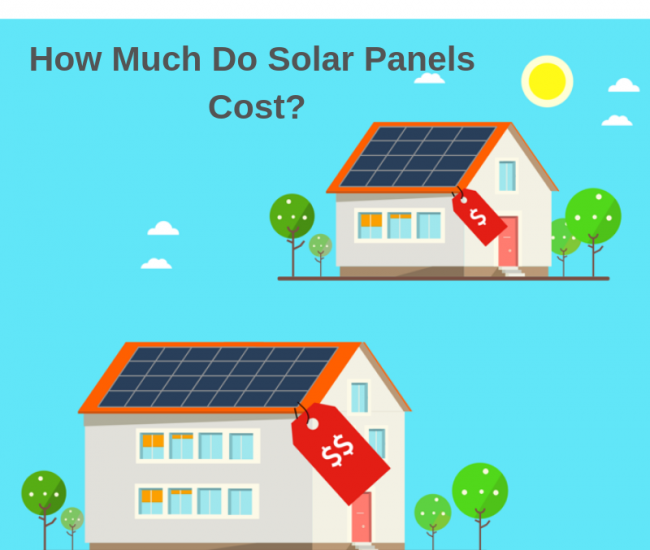What is the average cost to install solar panels? It’s perhaps the most frequent question homeowners have when considering a solar energy system. It’s also one of the most important. There are many reasons to go solar, but one of the primary benefits is the long-term cost savings. Of course, how much you can save with solar depends on your solar panel installation cost. So, How Much Do Solar Panels Cost? Fortunately, we’re here to help you understand what factors go into your solar system installation price and what you can expect to pay.
There’s a lot to consider if you’re thinking about installing a new solar energy system.
How much do solar panels cost per watt?
What factors go into the final price?
The reality is there are many things that can influence the solar quote you receive. No two installations are exactly the same, so it’s important to understand the reasons your solar panel costs may vary.
One major factor is the equipment you choose.
The most common options are monocrystalline and polycrystalline solar panels. Polycrystalline panels are the more affordable choice while monocrystalline cells offer better efficiency.
A related consideration is the characteristics of your home. The size, angle, and positioning of your roof will determine the maximum size and generating capacity of the system you can install. Some roof configurations may also require additional mounting hardware or added labor costs during installation.
It’s not as precise as a personalized quote from an installer, but calculating the average cost of solar panels is a good way to estimate your expenses and potential savings. This can become tricky because, in addition to the factors discussed above, regional and local variations can also affect solar panels for a home cost. The size of your solar energy system can also influence prices since larger systems require more equipment and greater labor costs.
You can calculate your total system cost by multiplying the size of your system by the cost per kilowatt.
Let’s use the national average figures as an example. The average solar panel system size in the U.S. is about 6.0 kilowatts. The national average price per watt for solar panels is $3.14, which equals $3,140 per kilowatt. Multiplying these two figures, we arrive at a total installation cost of about $18,840.
Please note that this is before the 30 percent tax credit and other incentives. The 30 percent federal credit would lower this figure to $13,188, but more on that in a moment.


